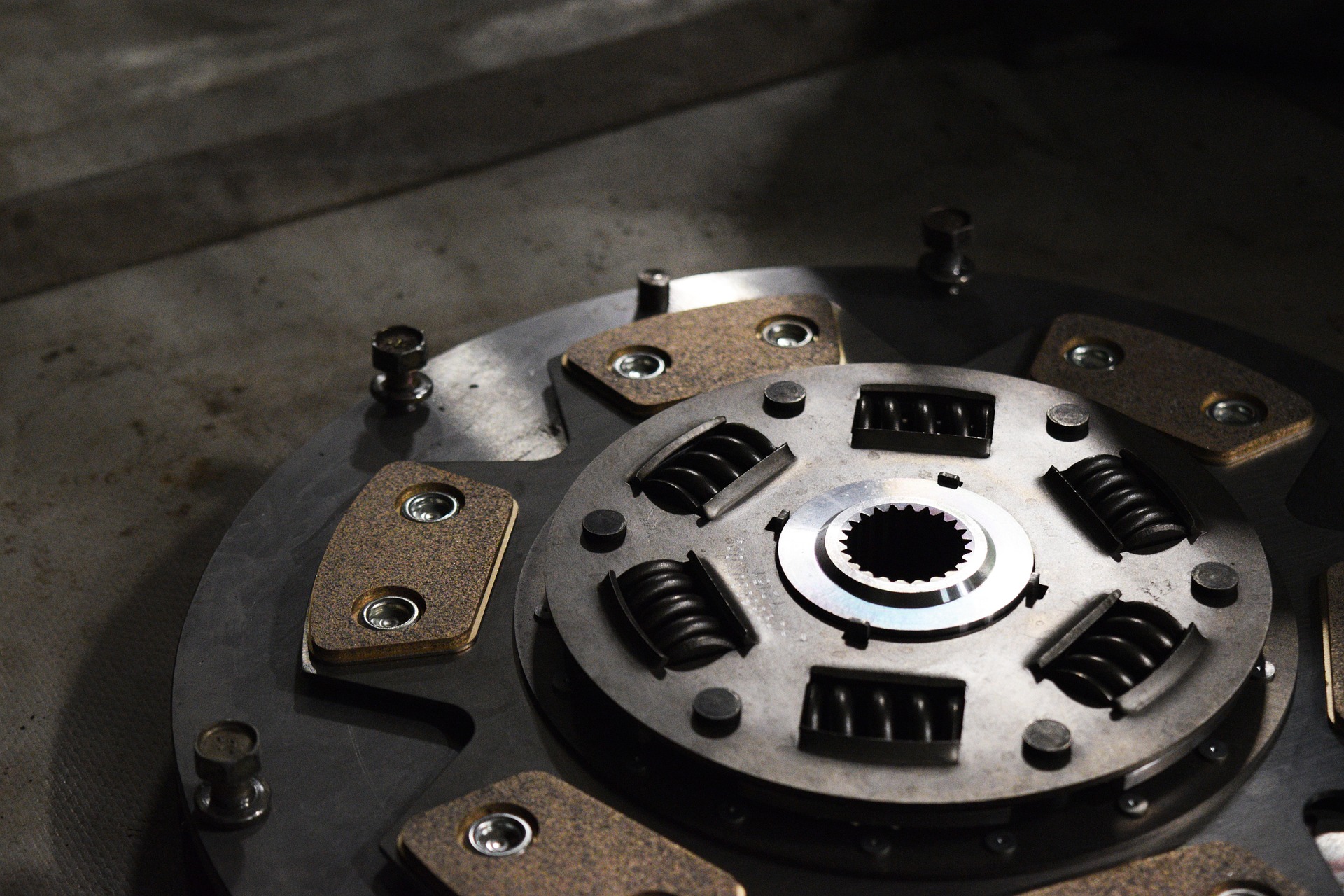Ever lifted your car’s bonnet and felt completely lost? Don’t worry – you’re not alone! While cars might seem complicated, understanding the basics of auto parts doesn’t have to give you a headache. Let’s break down what you really need to know to keep your wheels turning.
The basics: Your engine and how it works
Think of your engine as your car’s heart. Just like our hearts keep us alive, your engine keeps your car running. The most important thing to remember is that engines need regular check-ups to stay healthy. One part you should definitely know about is the timing belt – it’s like the conductor of an orchestra, keeping everything moving in perfect sync. Most cars need this replaced every 90,000 to 100,000 kilometres, and skipping this job can lead to some serious problems down the track.
Getting power to your wheels
Your car’s transmission is like a bicycle’s gears – it helps you switch between different speeds smoothly. Whether you’re driving manual or automatic, strange noises when changing gears are a big red flag. If you hear grinding or whining sounds, it’s time to get it checked out. The good news is that transmissions are pretty reliable if you keep up with regular services.
The safety stuff: brakes matter
Your brakes are probably the most important safety feature on your car. When your brake pedal starts feeling spongy, or you hear squealing noises when you stop, it’s time for a check-up. Most brake problems start small but can become dangerous if ignored. The smart move is to get them looked at as soon as you notice something’s not quite right.
Choosing parts: the smart way
When it comes to buying parts for your car, you’ve got two main options. Original parts (the ones made by your car’s manufacturer) are like getting genuine designer goods – they’re guaranteed to fit perfectly but cost more. Aftermarket parts are like getting quality replicas – they can be just as good and cost less, but you need to be careful about what you’re buying.
Keeping it simple
The secret to keeping your car happy is pretty straightforward: pay attention to it. Strange noises, vibrations, or handling changes are your car’s way of asking for help. Don’t ignore these signs, and don’t skip your regular services.
Think of it like going to the dentist – regular check-ups might be a pain, but they’re way better than waiting until something goes wrong. A little attention now saves a lot of money (and headaches) later.
The bottom line
Taking care of your car doesn’t require a mechanic’s certificate or special tools. It just needs some basic knowledge and attention. Keep an ear out for unusual noises, don’t ignore warning lights, and find a mechanic you trust for the bigger jobs.








